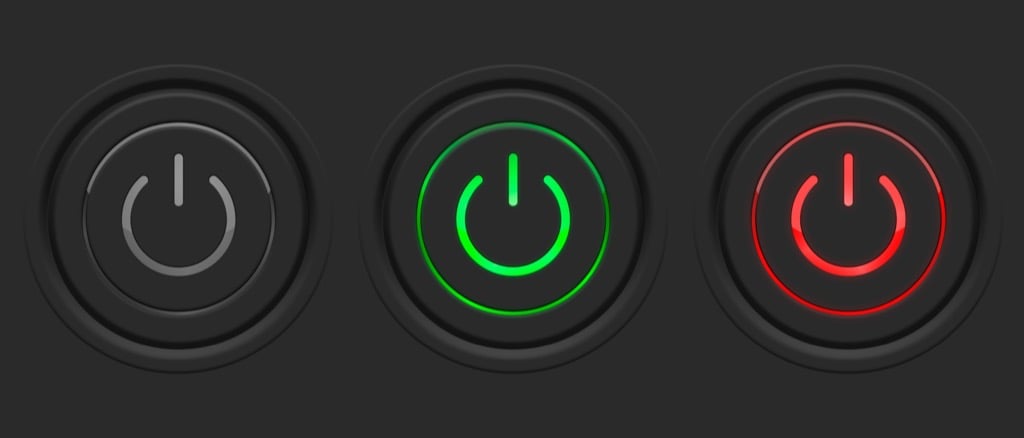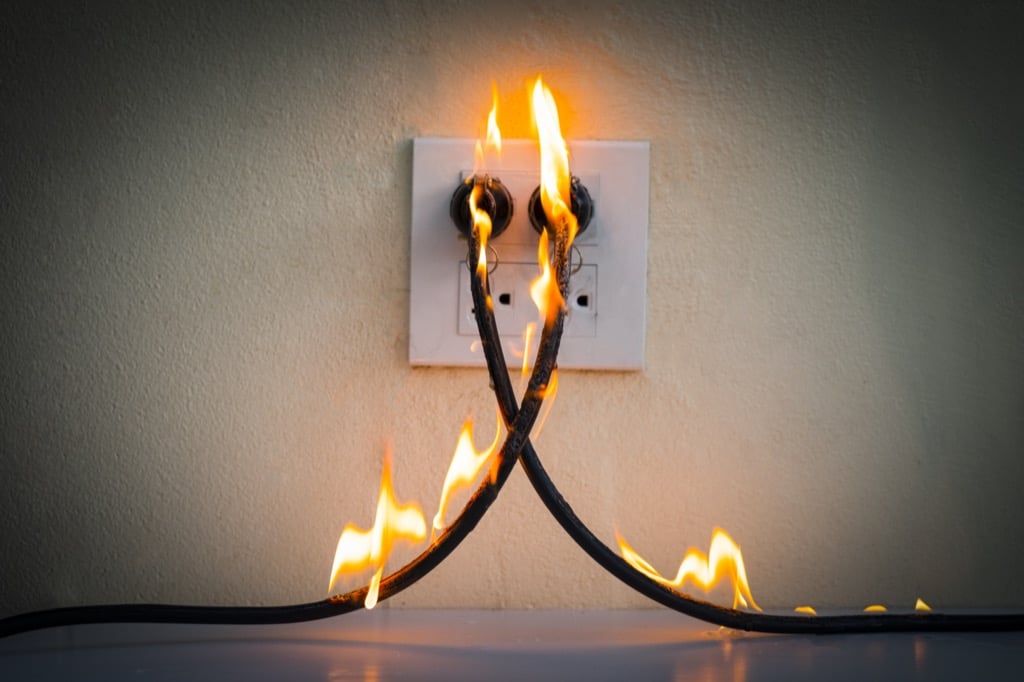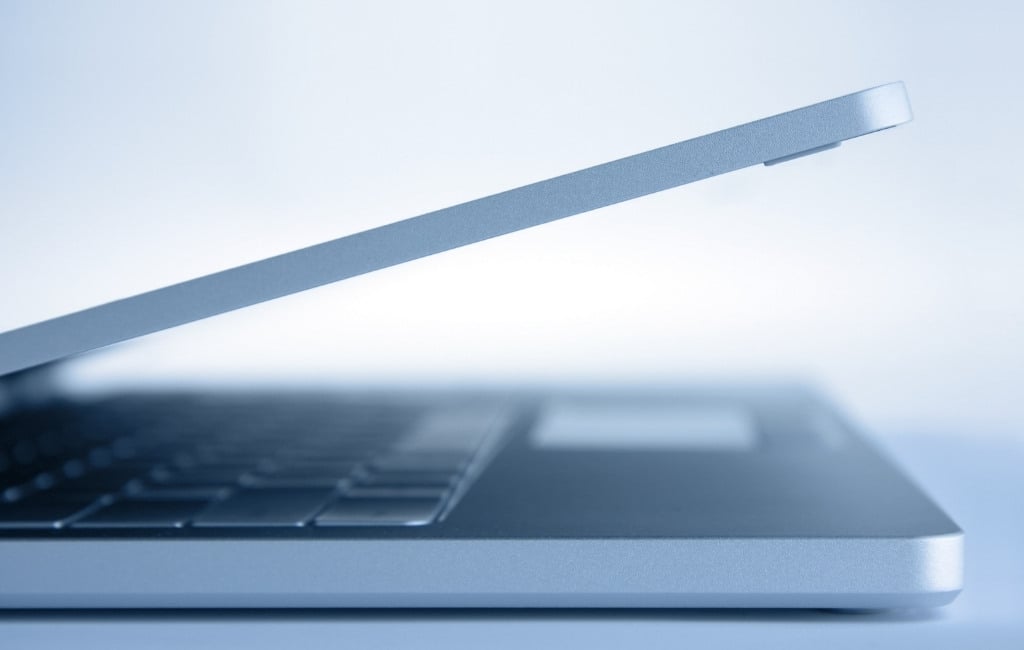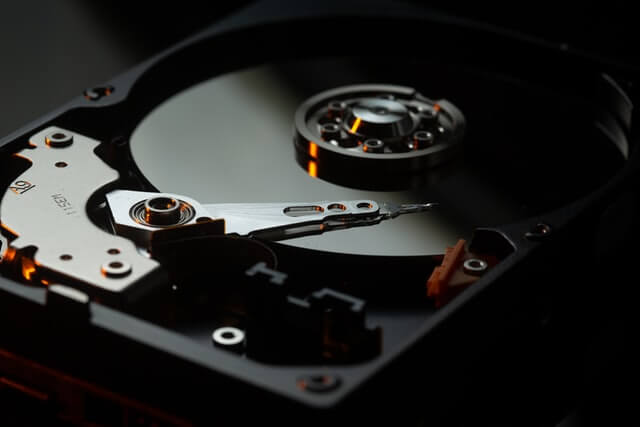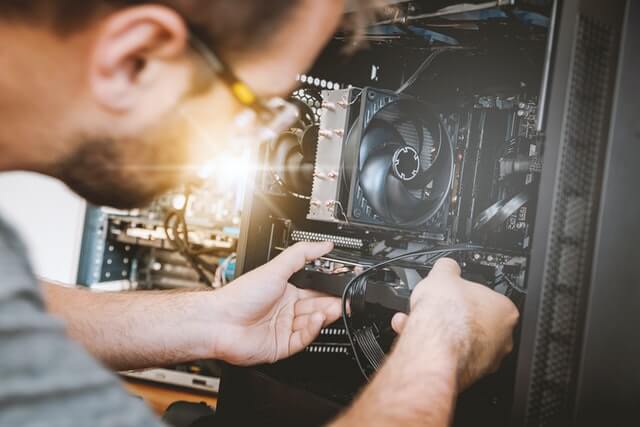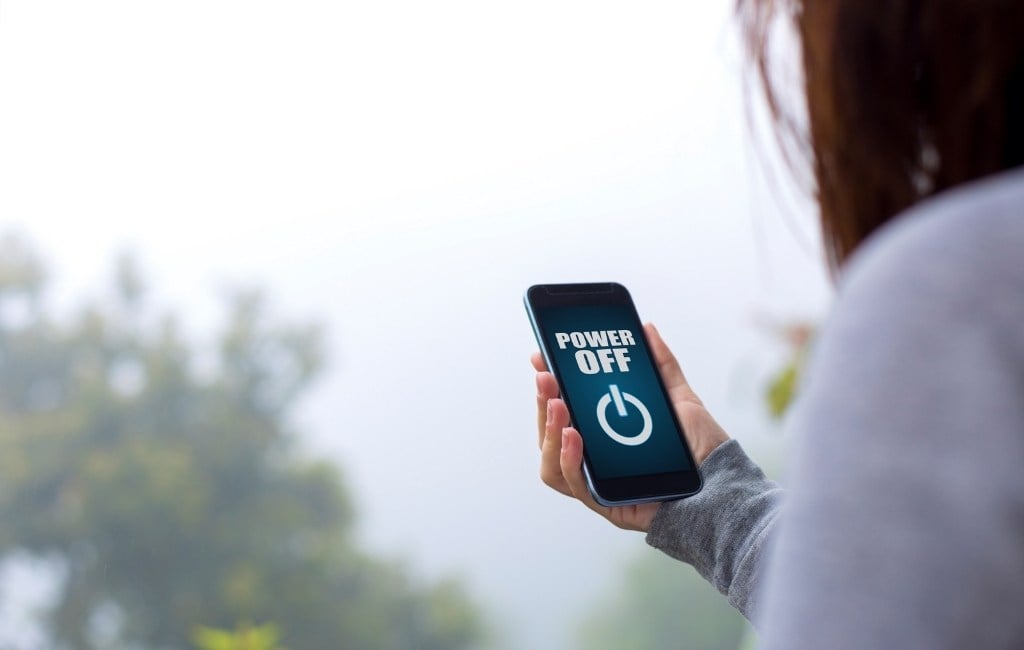There are two types of people out there. Those who believe that frequently turning a device on and off should be avoided, and those who think leaving a device on all the time will damage it. The confusion is caused by the information we once had when we were using those old PCs with CRT monitors. A lot of things have changed since then. However, in general, you won’t harm your computer or smartphone by turning it off. Leaving a device on also doesn’t cause noticeable damage. In this article, we’ll explain when and why you should shut down your devices. We’ll also explore all the reasons you’d want to keep your devices running. There’s no simple yes or no answer especially when there are important differences between an iPhone and a PC.
The Problem with Always-On Devices
PCs, laptops, and mobile devices have motherboards, processors, and RAM, and they have a limited lifespan. When these components receive power, they heat up and the temperature causes wear and tear over time. The same goes for hardware with mechanical components, such as printers, scanners, and hard drives. Nonetheless, technology is evolving so fast that you’re more likely to replace your hardware before seeing any relevant heat damage. External dangers are another story. Power surges and random voltage fluctuations can cause a lot of damage to any computer. Your surge protector and safety features can only do so much against a lightning strike. You need to consider these possible risks and weigh them against any advantages. For example, if you don’t shut down your PC frequently, you can start using it as a server or for downloading large data files. On the other hand, you expose it to power surges for longer periods by leaving it on when you’re not actively using it and your electrical bill will be significantly higher. So what’s best for your devices?
Should you shut down your PC every night?
We recommend shutting down your PC at least on occasion. For the most part, your decision depends on your situation. If you need to run a time-consuming process like downloading or rendering, you can leave your PC on 24/7. The same goes if you’re running a server.
Should you shut down your phone at night?
There’s nothing wrong with shutting down your phone and mobile devices, but it’s not necessary. It’s generally safe to leave them on overnight. Your mobile devices aren’t constantly plugged in, so there are fewer failure types you can encounter. That said, there are a couple of advantages to shutting them down every now and then.
When to Shutdown Your PC or Mac
First, let’s clear up some tech myths.
Power cycling, or turning your computer on and off, doesn’t cause any damage over time. Some leave their computer on non-stop thinking they’re preserving the hardware’s lifetime. That’s not true. Modern electronic components are rated for hundreds of thousands of power cycles and they last way beyond that. Your parts will end up in someone’s recycling facility before you reach those limits.Turning your computer on and off doesn’t use more power than sleep mode.
Now that we got that out of the way, let’s take a look at the main reasons you should shut down your computer.
Lower Energy Costs
Leaving a computer on overnight will consume more power. Even if your CPU and GPU aren’t working anywhere near peak performance, computers still draw a significant amount of energy that becomes noticeable over the course of an entire month. Save some money and shut your PC down when you go to bed or at least let it go into sleep or hibernate mode.
Less Damage and Fewer Failure Risks
Power creates heat and heat is damaging. By shutting down your computer, your hardware suffers less wear and tear. If you’re also using a spinning hard drive instead of a solid-state drive, its mechanical components will wear and tear over time. The longer it runs, the faster it wears out. That said, if you’re using SSDs only, you won’t have this problem. An SSD doesn’t have any moving parts and its lifespan is shortened only with writes. Finally, you need to consider possible power surges. If your computer is running 24/7, there’s a higher chance of a power surge. It has nothing to do with the hardware itself though. For example, there’s a high risk of a surge during a thunderstorm.
Less Maintenance
Computers gather dust that has to be cleaned regularly. The longer your PC or Mac runs, the more dust it gathers. A computer that’s on 24/7 has to be cleaned a lot more often.
Reset the OS and Improve Responsiveness
You should shut down your computer at least a couple of times a week, if not every night. Keep your operating system running smoothly by clearing all those processes and background applications that pile up over time. A shutdown gives your OS a fresh start and clears all sorts of minor glitches.
Inconvenient? Use Sleep Mode
If you find it inconvenient to shut down your PC, put it into sleep mode instead. It takes time to boot up a computer and sometimes you just want to resume your session where you left off. Fortunately, you don’t need to burn electricity and listen to noisy fans all night to do that. That’s what sleep mode is for. This power-saving mode barely uses any power and lets you get back to your session almost instantly. Use it instead of leaving your PC on overnight.
When to Shutdown Your Mobile Devices
You almost never have to shut down your mobile devices. If you’re shutting down your phone at night thinking you’re increasing the battery’s lifetime, stop. This is a myth. There’s no need to shut down your iPhone, iPad, or Android devices. Shutting down a computer saves money on electricity, maintenance, wear and tear, and lowers the risk that comes with being plugged in an electrical socket non-stop. Mobile devices are different even though they also have a processor and RAM. Batteries wear down mainly by being fully discharged hundreds of times. Shutting down your phone at night doesn’t help. Mobile devices also rely on flash memory instead of mechanical drives so running 24/7 doesn’t cause any damage over time. The only time you should shut down a smartphone or a tablet is when something isn’t working as it should. Minor system glitches pop up over time and will slow your phone down. A shutdown will reset the system and clear any processes and temporary data that are causing the system errors.
The Bottom Line
Are you worried about regularly turning your computer on and off? Don’t be. It’s safe to shut it down on a daily basis. Is it safe to leave your devices on 24/7? Yes, with one or two caveats. Mobile devices can run non-stop without issues. Whether you turn them off or not doesn’t really matter. You won’t damage them. The same thing goes for your computer, except you need to protect it from external risks like power outages and surges. That said, if you’re not using your devices for anything at night, you might as well shut them down or at least switch them to a power-saving mode. Also, turning off your phone can increase the security and privacy of your device according to security researchers.
